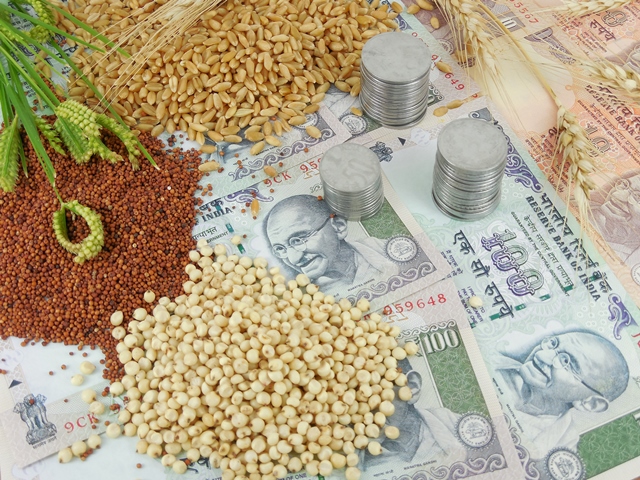A long-term Plan B for agricultural commoditiesBY ANTONIO PICASSO
- 13 June 2022
- Posted by: Competere
- Category: Senza categoria

Article published on Formiche.net
Sunday, June 5th, is World Environment Day. On one hand, industries must invest in circular economy, including when it concerns food. On the other, they need to increase the resiliency and sustainability of existing supply chains, with a view to radically transforming food production
Remember the dolphins swimming in Venice’s Canal Grande during the 2020 lockdown? There is an environmentalist world that dreams of those images every day. And then there’s the real world, where humans and nature must coexist, with the former that has always bent the latter to fit it to its needs. In days like this, it’s easy to fall into the trap of rhetorical soul-searching.
While it set the stage for the dolphin’s apparition in the Lagoon, Covid also pressed the accelerator on a several problematic trends, which should induce disillusionment even among the most idealist of environmentalists, who should turn instead to a more pragmatic approach to the much-desired process of ecological transition.
The commodity crisis was first talked about in late 2020. The Chinese and American efforts to recover production chokes supplies. Then the Russian-Ukrainian war breaks out, literally putting a cap on some commodities (gas, wheat, sunflower, steel…). But Covid and conflict are just the straw that broke the back of an unsustainable system of production and destruction.
The food industry perfectly exemplifies this. Demographic problems, economic imbalances, and political instability have put this cluster on the top of all governments’ – democratic or not – geopolitical agendas.
Leaving aside the scarcity of raw, agricultural materials – which might not be as big of a problem as it seems – there exist imbalances in the distribution of water resources, deforestation, extreme weather events like typhoons, droughts, and wildfires, as well as production processes of traditional agriculture, among the biggest contributors to CO2 and methane emission. We might add to this list a pervasive food un-education, that sees extreme hunger on one side of the coin and food waste on the other.
However, while deceptively waiting to see dolphins in Venice again, there are those who would rather stop at blaming human activity rather than searching for solutions. After all, it has become quite popular now to point the finger against producers, while producing ideas and resources for a Plan B, ideally covering the long term, requires a lot more effort.
Competere has long been active in monitoring the global market dynamics as they apply to agricultural commodities. Taking palm oil as a starting point – a sustainable product, as certified by several international standards, and a resilient chain, as sourced from many countries around the world – we have reached the conclusion that Europe needs to adopt a strategic plan for commodities in order to preserve its political stability and economic competitiveness. Our processing industry must invest in circular economy to give new life to products, elements, and materials that would previously be considered exhausted. That includes food. On the other hand, it must increase the resiliency and sustainability of supply chains, with a view to a radical transformation of food production in line with sustainability standards: zero deforestation, habitat and biodiversity preservation, and low-carbon agriculture aided by technological innovations.
Such a wonderful and realistic plan can only be possible through industrial policies where producing entities and exporting countries are not put on blast but recognized for their green and social best practices. Closing borders to certain products by putting a scarlet letter and leaving them at the mercy of financial speculation, is not different from many other NIMBY practices that could isolate us from free trade and giving credit to post-colonial resentments that do not favor geopolitical stability.
